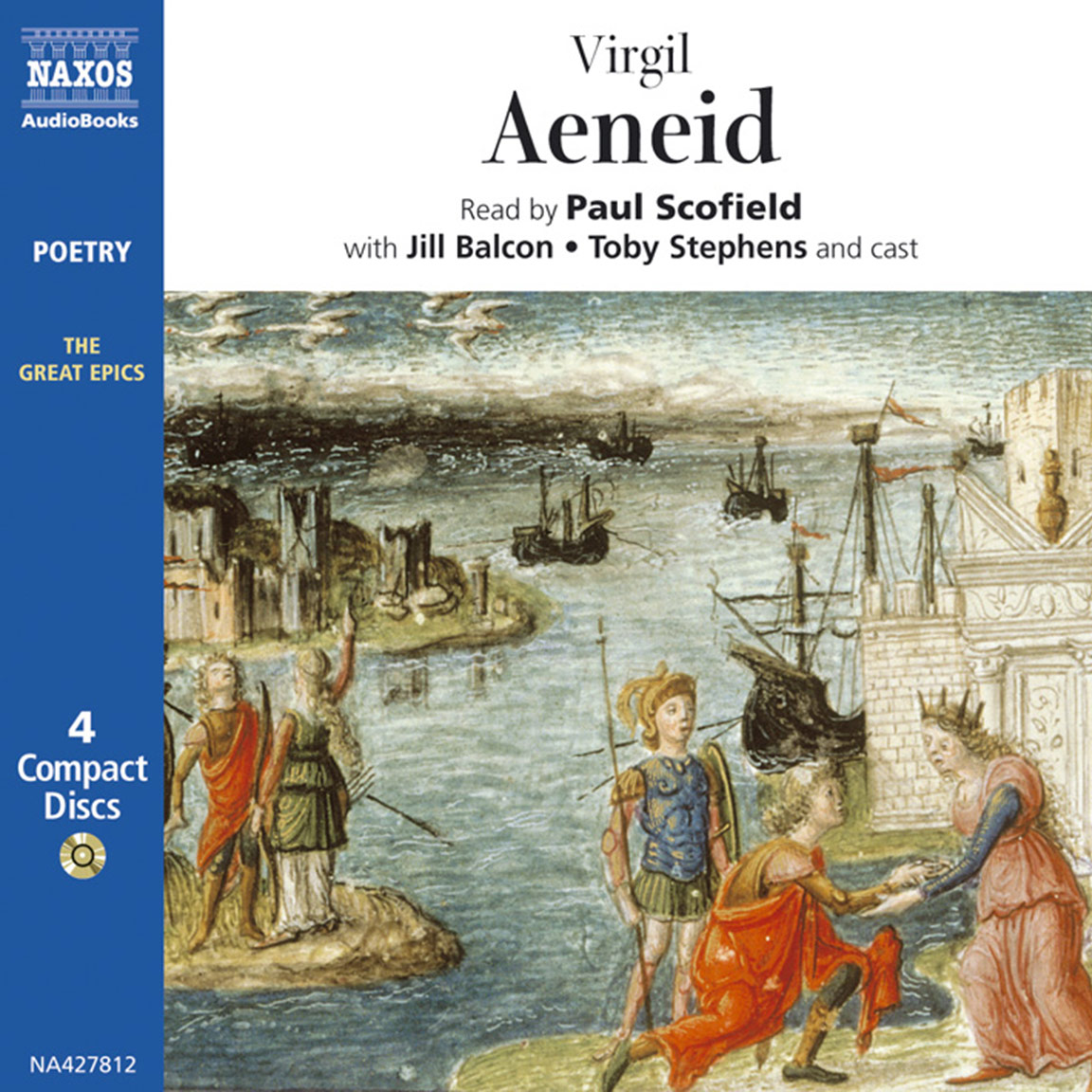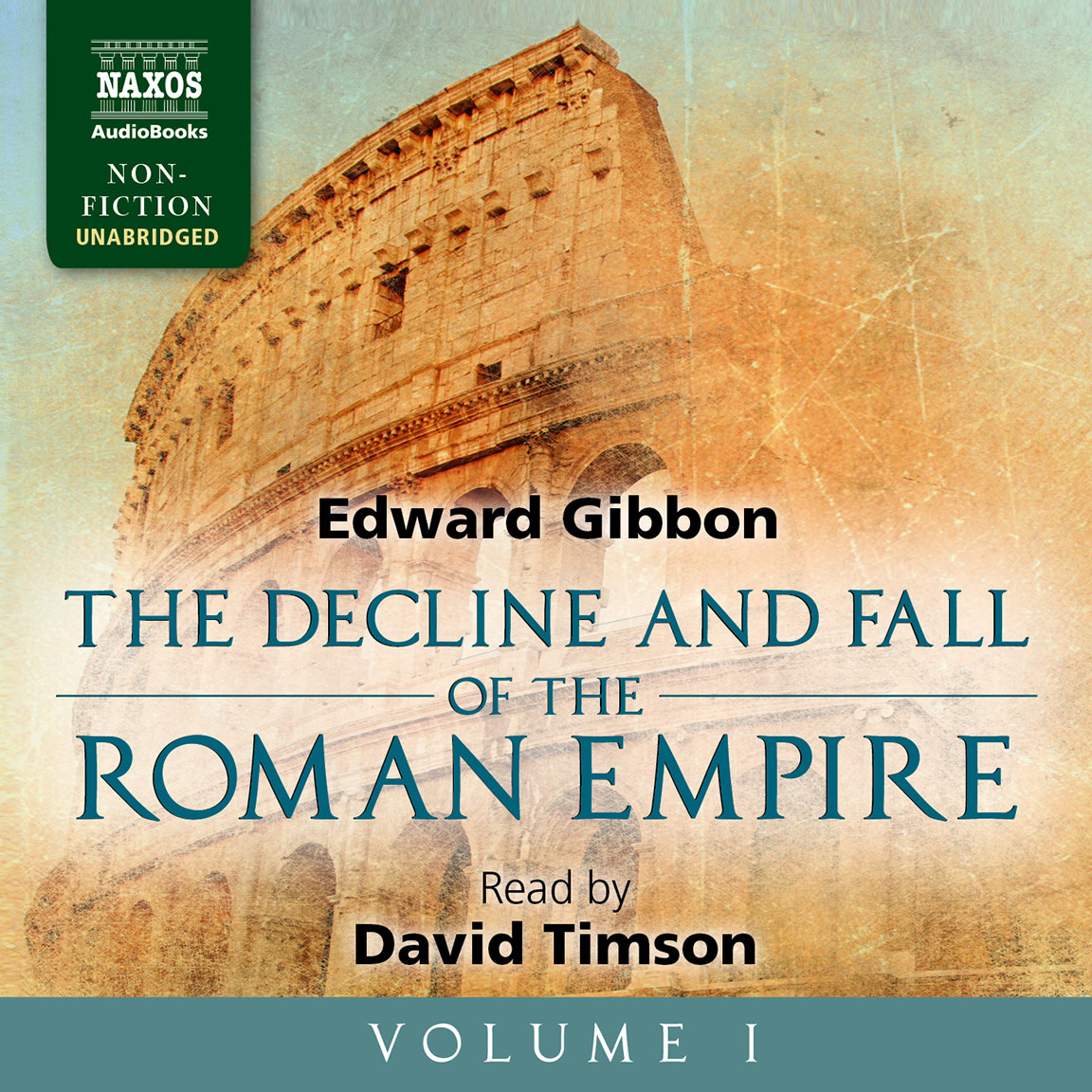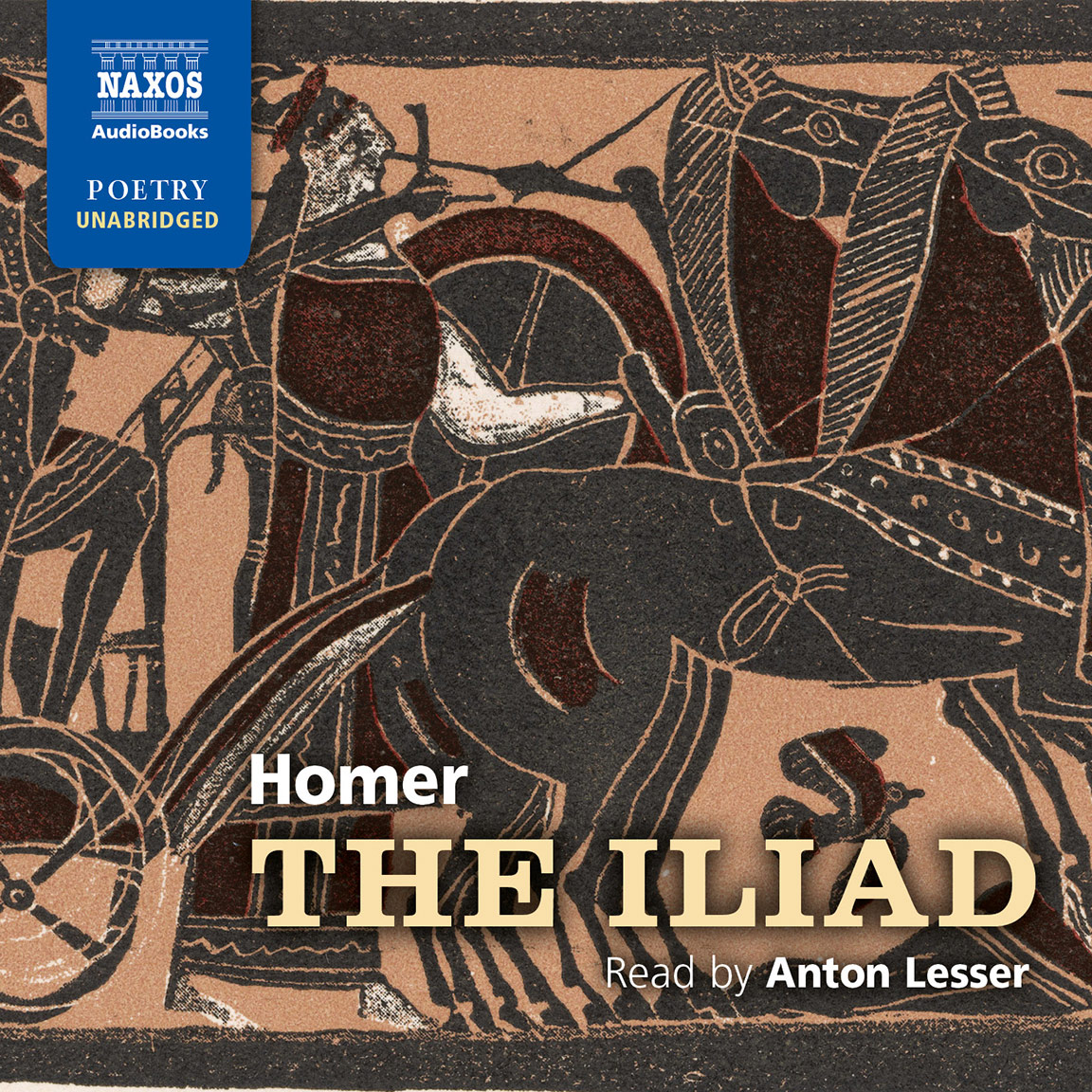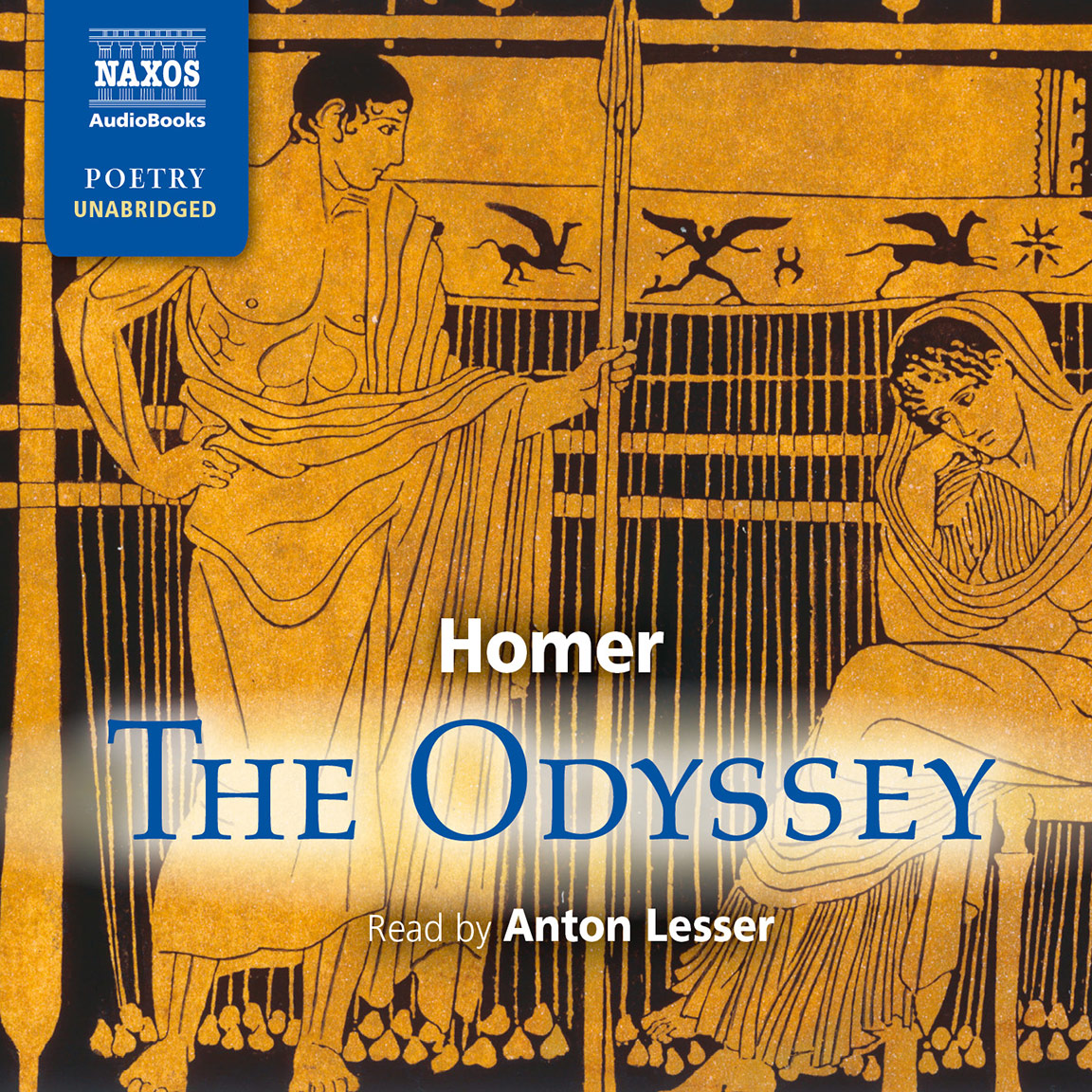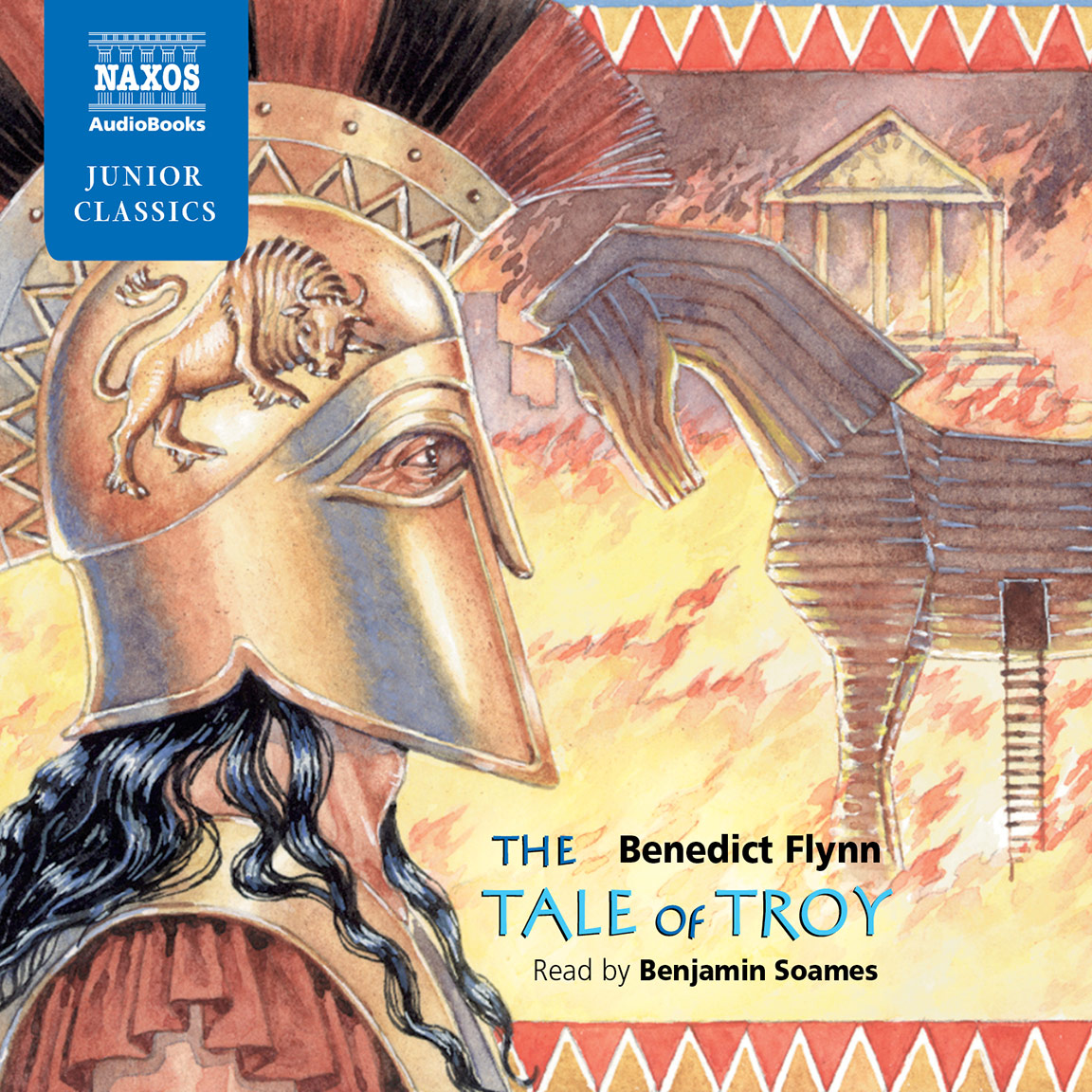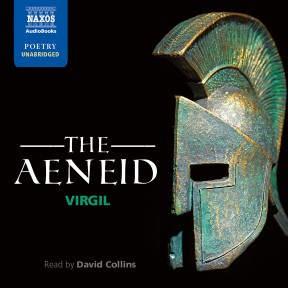
Audio Sample
Virgil
The Aeneid
Read by David Collins
unabridged
The masterpiece of Rome’s greatest poet, Virgil’s Aeneid has inspired generations of readers and holds a central place in Western literature. The epic tells the story of a group of refugees from the ruined city of Troy, whose attempts to reach a promised land in the West are continually frustrated by the hostile goddess Juno. Finally reaching Italy, their leader Aeneas is forced to fight a bitter war against the natives to establish the foundations from which Rome is destined to rise. This magnificent poem, in the modern translation by Cecil Day Lewis, is superbly read by David Collins.
-
Running Time: 13 h 02 m
More product details
Digital ISBN: 978-1-84379-887-3 Cat. no.: NA0196 Download size: 200 MB Translated by: Cecil Day Lewis BISAC: POE014000 Released: May 2015 -
Listen to this title at Audible.com↗Listen to this title at the Naxos Spoken Word Library↗
Due to copyright, this title is not currently available in your region.
You May Also Enjoy
Reviews
I hadn’t read any Virgil before listening to this engaging 1952 version of the classic tale of Aeneas escaping from Troy and eventually laying the foundations of Rome. All manner of gods and mythic characters are knitted into it and we find out why the Trojans were stupid enough to haul that wooden horse inside Troy, why poor Laocoön and his sons got strangled by serpents, why Aeneas ratted on Dido and so on and so on. Cecil Day-Lewis’s euphonious hexameters were meant to be easy on the ear, being written for broadcast on the BBC, and are given added force by colloquialisms such as Jupiter’s ‘storm troops’, the golden bough as a ‘passport’ to the underworld, the sneering description of Aeneas as a ‘Phrygian pansy’ and Pyrrhus as a ‘milksop’.
Christina Hardyment, The Times
The late poet laureate Cecil Day-Lewis’s translation of this Roman epic is idiosyncratic, but David Collins’s narration is consistently gripping. This is no small achievement, considering how remarkably passive Aeneas is for an epic hero. Letting Virgil do most of the work of distinguishing the characters, Collins brings the drama to life. His portrayal of Dido is particularly moving. Even in this modern (and, to some tastes, too modernised) version, Virgil’s classical Latin can be chilly. Collins adds the heat necessary to make us weep, if not for Hecuba, then at least for Dido and Andromache. There are several good recordings of The Aeneid, and we can add this one to the list.
D.M.W., AudioFile
